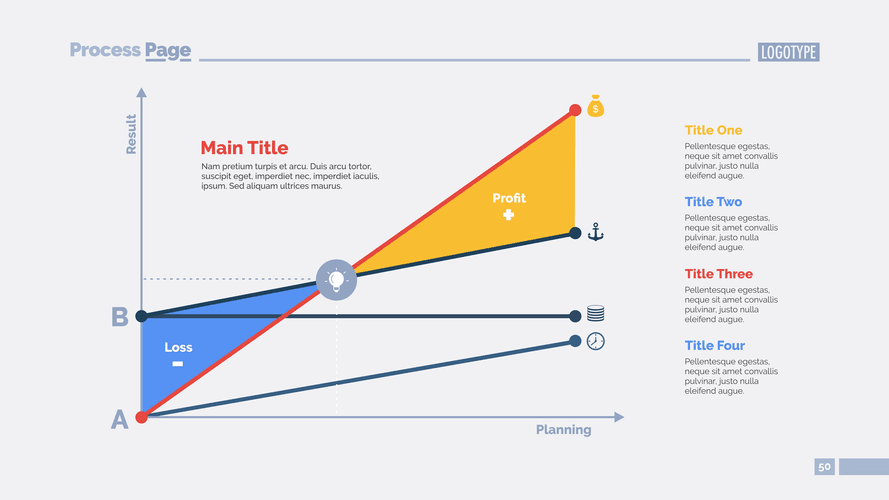
Non-profits have unique accounting requirements, as they must document all funding sources and comply with specific regulations. Professional bookkeepers ensure that non-profits accurately maintain their financial records, prepare for audits, and generate Bookkeeping for Any Business Industry reports that demonstrate transparency to donors and stakeholders. By managing finances effectively, non-profits can focus on their mission and amplify their impact within their communities. The construction industry often faces challenges with project-based accounting, fluctuating costs, and seasonal variations in workload. A professional bookkeeper can assist in job costing, budgeting, and financial forecasting. They can assist with managing payroll, ensuring contractors are paid accurately and on time, and keeping track of materials and services costs.
- These entities often seek bookkeepers who understand the unique challenges of subscription-based revenue models and rapid scalability.
- This streamlines collaboration and ensures everyone works with the same information.
- Beyond traditional bookkeeping, offering strategic consultation and advisory services can delineate a bookkeeping business as a partner in its clients’ financial success.
- This can save you money, as you can work within your means and make the best decisions based on the cash available.
- These foundational services are critical for the accurate and efficient operation of a company’s finances.
- Outsourced bookkeeping ensures employees are paid correctly, and that tax preparation and filings are accurate and timely.
The Top 5 Industries That Need a Bookkeeping Service the Most
The ability to access real-time insights is crucial for maintaining a competitive https://www.bookstime.com/blog/pandemic-relief-loans edge and ensuring financial stability. If you’re interested in learning more about leveraging real-time data, connect with us through our contact page. Outsourcing bookkeeping services offers numerous benefits, making it a strategic choice for businesses.
Maximize Financial Resources with Cost-Effective Bookkeeping

Salary is just the starting point; you also need to factor in benefits, paid time off, training, and taxes. For many small businesses, especially those in creative fields, the transaction volume doesn’t always justify a full-time, in-house employee. It allows you to redirect resources toward your core business functions—the work you actually do—while potentially saving money and gaining access to specialized expertise.
Financial Reporting and Analysis
- This also alleviates productivity by providing the utmost efficiency from the first day.
- Here are some of the most common reasons business owners outsource their bookkeeping.
- Bookkeepers provide the expertise needed to excel in today’s competitive market, whether it’s managing complex retail transactions or navigating regulatory landscapes in healthcare.
- The opportunity cost of handling your bookkeeping can often be higher than the cost of hiring a professional service.
- Firstly, it allows you to tap into the expertise of professionals, ensuring accuracy and compliance with financial regulations.
- They should operate their business in accounting software with which you are familiar.
- Bookkeeping service costs vary based on the scope of work, company size, and complexity.
It’s best to create a pros and cons list of companies when outsourcing bookkeeping so you’ll know you’ve made the best choice. You can consider virtual bookkeeping a combination of the best in bookkeeping software and traditional bookkeeping. Virtual bookkeepers manage your books and software with the primary goal of monitoring your finances. In summary, proficiency in a niche combined with a commitment to best practices and industry standards leads to successful bookkeeping engagements and long-term client relationships.
- Flexibility is something that outsourcing offers that internal bookkeepers just cannot.
- Once you’ve identified your needs, clearly communicate your expectations and goals to your chosen provider.
- It’s especially beneficial for small businesses lacking in-house accounting expertise.
- Companies often outsource bookkeeping to improve efficiency, reduce costs, and gain access to specialized expertise that they don’t have internally.
- It allows you to redirect resources toward your core business functions—the work you actually do—while potentially saving money and gaining access to specialized expertise.
- Outsourcing your bookkeeping offers a powerful solution, providing access to specialized expertise and advanced technology without the burden of in-house hiring.

Outsourced bookkeepers can offer cost-effective solutions by converting fixed overhead costs into variable costs, allowing more flexibility in the management of resources. Payroll encompasses various aspects like salary calculation and disbursement, while tax filing requires updated knowledge of regulations. Outsourced bookkeeping ensures employees are paid correctly, and that tax preparation and filings are accurate and timely. Outsourcing bookkeeping functions enables industries to leverage specialized expertise for managing intricate financial tasks efficiently. Effective payroll management is a critical function for any business, ensuring employees are paid accurately and on time.
Industries Known for Outsourcing Bookkeeping

E-commerce bookkeeping faces distinct challenges such as managing a high volume of transactions and dealing with various tax regulations. In today’s rapidly evolving digital landscape, technology plays a contribution margin crucial role in transforming bookkeeping services through automation and robust data security measures. Building a reservoir of industry-specific knowledge and experience is crucial for bookkeepers to offer more informed services. Gaining this expertise typically involves several years of hands-on work and a proactive approach to learning the subtleties of the chosen field. Nonprofit organizations require bookkeepers who understand the nuances of fund accounting and grant management. By providing exceptional service to nonprofits, bookkeepers cater to a unique set of financial management needs, often with less competition and the potential for profitable, long-term clients.

How Does Outsourced Bookkeeping Work?
Bookkeepers should offer bespoke services to meet the complex financial reporting and compliance needs of these unique client groups. The hospitality and tourism sector can experience high variability in revenue due to seasonal fluctuations and external economic factors. Bookkeeping services can aid in daily financial tracking, managing expenses, and analyzing operational efficiency.
What is a Bookkeeping Service?

In sectors like healthcare, accurate bookkeeping ensures patient records and billing processes are managed efficiently. Bookkeepers in the manufacturing industry help track product costs and manage budgets, directly influencing operational efficiency. The restaurant and hospitality industry has unique financial needs, with diverse revenue streams such as food sales, accommodation, and events. They grapple with payroll, varied payment methods, and allocation of tips among staff. Outsourced bookkeeping for these sectors means meticulous revenue tracking and financial compliance, while also managing the everyday complexity of food service transactions.
- Dedicated bookkeeping teams are trained to meticulously handle financial data, ensuring accuracy in every transaction.
- This expertise frees you to concentrate on your core business operations, knowing your financial reporting is in capable hands.
- Professional outsourcing firms often have a team of experienced accountants who stay up-to-date with industry standards and regulations.
- Offshore bookkeeper companies are located in India and other countries, where it costs less to hire such service providers.
Outsourced bookkeeping services often use cutting-edge software to automate routine tasks, reducing the risk of human errors, and ensuring your financial data is safe, accurate, and reliable. As a result, remote accounting services—especially remote bookkeeping—have emerged as a strategic choice for businesses of all sizes, from fast-growing startups to well-established enterprises. When targeting profitable bookkeeping niches, adhering to best practices ensures accuracy, efficiency, and ethical management of client finances. Across various niches, industry standards are pivotal for bookkeepers to maintain a reputation of reliability and expertise. Scaling a bookkeeping business requires a balanced approach to increasing clientele while maintaining service quality. Entry into profitable niches such as e-commerce, which has significant transaction volumes and requires meticulous financial tracking, can leverage a bookkeeper’s expertise.